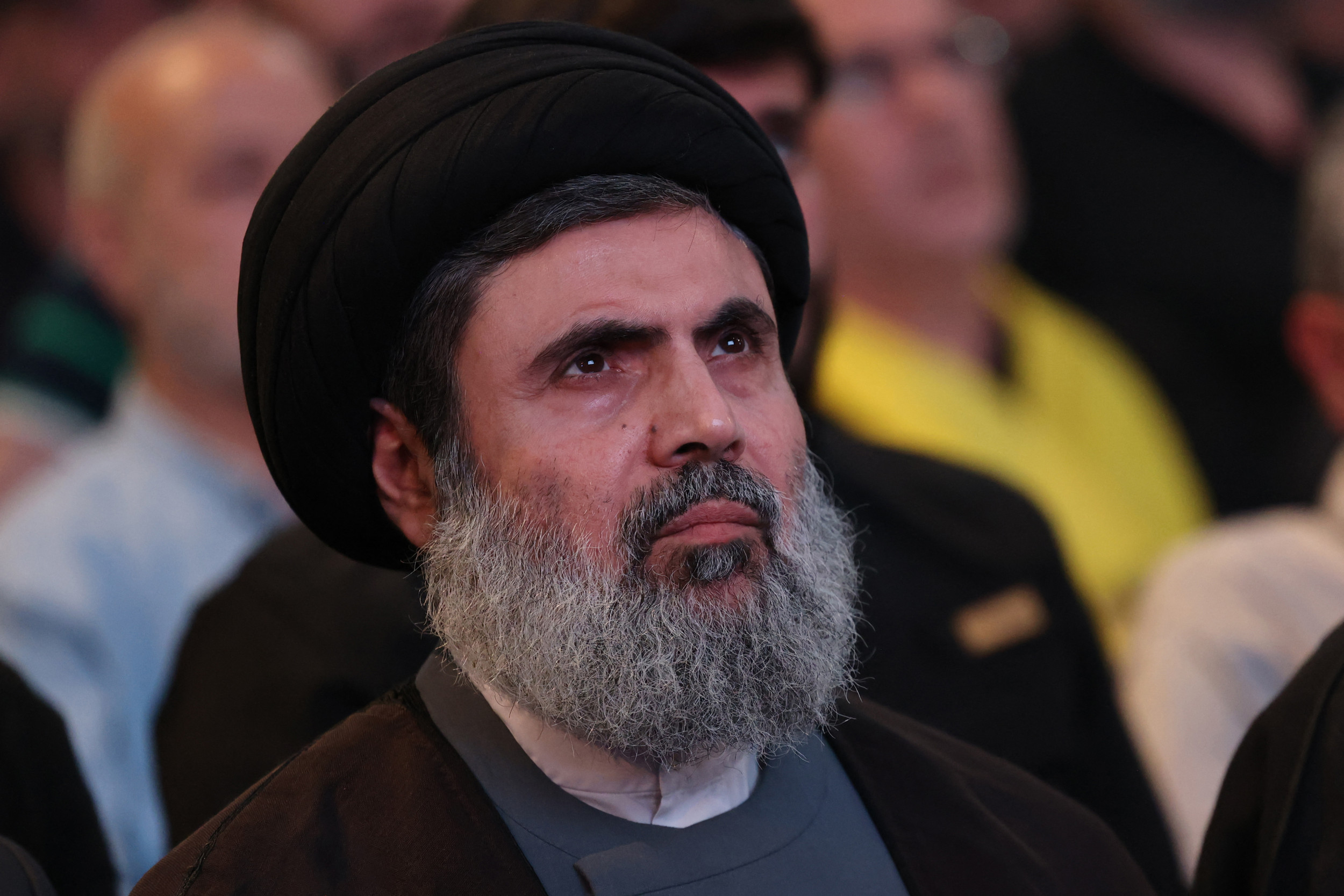Israeli Prime Minister Benjamin Netanyahu announced on Tuesday that Israeli forces had successfully killed Hashem Safieddine, the expected successor to Hezbollah’s leader, Hassan Nasrallah. This confirmation follows days of speculation after a recent Israeli airstrike in Beirut, which reportedly targeted Safieddine.
In his video address to the Lebanese people, Netanyahu emphasized that the killing of Safieddine was a significant blow to Hezbollah’s leadership and military capabilities, further weakening the militant group.
Netanyahu highlighted the extensive damage inflicted on Hezbollah, stating that thousands of its terrorists had been eliminated, including Nasrallah and his two successive replacements.
While Safieddine’s death has been confirmed, it remains unclear who Netanyahu was referring to as Safieddine’s replacement, whom he also claimed had been killed. Safieddine, a cousin of Nasrallah and the chair of Hezbollah’s Executive Council had not been seen or heard from since the Israeli strike last week, according to local Israeli reports.

Netanyahu Confirms Killing of Hezbollah Leader’s Successor Hashem Safieddine in Israeli Airstrike
Hassan Nasrallah, Hezbollah’s long-time leader, was killed in late September during an Israeli strike, just before Israel began ground operations in Lebanon to directly engage Hezbollah. The Israeli military has since escalated its offensive, particularly focusing on the southern coast of Lebanon, where it continues to conduct heavy airstrikes.
Over the last year, the Israeli-Hezbollah conflict has intensified, with Israeli forces ramping up attacks in the past two months, significantly crippling Hezbollah’s leadership structure.
In his address, Netanyahu defended Israel’s actions, stating it was the country’s right to neutralize Hezbollah and ensure it no longer posed a threat to Israel’s security. He noted that the conflict had displaced approximately 60,000 Israeli citizens from the northern border regions.
He called on the Lebanese people to take control of their nation and restore peace and stability, suggesting that Hezbollah’s weakened state offers them an opportunity to do so.
Netanyahu also touched on broader regional tensions, specifically addressing Iran. Last month, he expressed support for regime change in Tehran and reaffirmed his commitment to continue fighting Iranian-backed groups in the region.
He also hinted at the possibility of a military strike against Iran after Tehran recently launched around 180 ballistic missiles at Israel, signaling a potential further escalation of hostilities in the Middle East.
